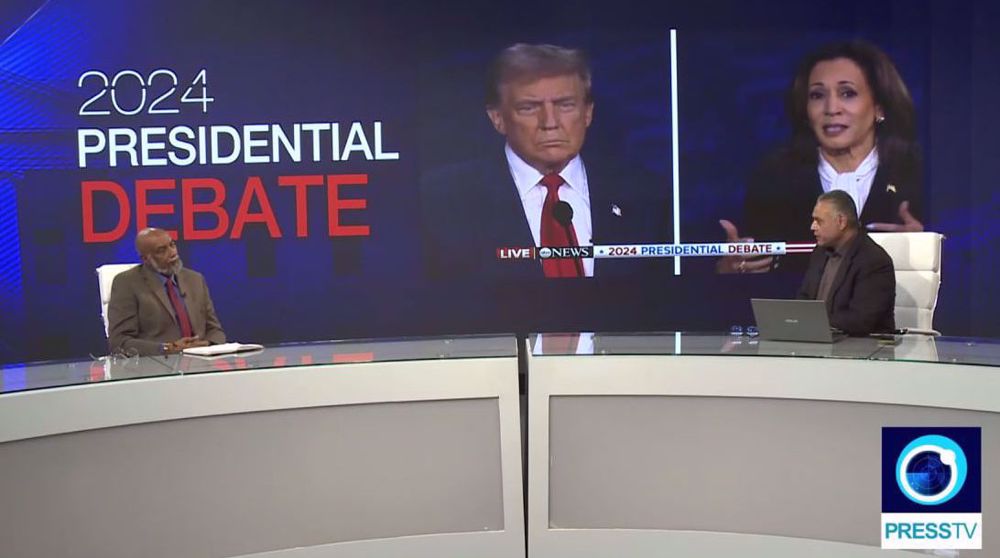US loser of Supreme Court ruling against Iran: Academic
Press TV has conducted an interview with Foad Izadi, a professor at the University of Tehran, to discuss the legal basis of a recent ruling by the US Supreme Court on frozen Iranian assets.
The following is a rough transcription of the interview.
Press TV: If you want to take a look at how the US stands up for its legal system, this is a definite U-turn on what justice means. Do you think that Iran, first of all, has a chance as they have indicated that they like to take this to the International Court of Justice at The Hague, and if you can please explain to us how it is that the US is diverting from its legal obligations in a court of law?
Izadi: Well, what you said is basically what the US Supreme Court Chief Justice [John] Roberts also said. He is of the same opinion as yours. What the Supreme Court did; the majority, the six people that voted for this injustice, basically violated a long tradition in the United States, which deals with separation of powers. You have the judicial branch that’s supposed to be independent from political pressure. This has been one of the hallmarks of judicial systems that work in line with basic principles of justice.
What the US Supreme Court, the majority, did … basically violated this long tradition and it will read the argument that the Chief Justice Roberts presented was basically this that if two parties are fighting over a matter [and] are going to the court system, it shouldn’t be the case that if one of these parties has connections in the US Congress or has supporters in the US Congress, by using that support if that person gets a legislation that supports this case for that specific case then what will happen to the judicial independence?
If the judicial system is influenced by the legislative branch then that will be end of justice basically, because people who are influential will use this method later on to basically get the results from the court system that they want. So, there is opposition to this process from within the United States and in fact the opposition comes on the chief justice of the Supreme Court.
We have another issue at the international level and that is sovereign immunity, which again is a long-held tradition that citizens of a country cannot sue an independent government of another country. And the major supporter of this judicial tradition has been the United States historically, because the US government kills a lot of people on more or less daily basis around the world.
What the United States government wanted to make sure was for the families of the victims of US violence [that] they should not be a way of suing the US government. They wanted to make sure that is the case. And what you have now is that the violation of that world principle; you have American citizens suing another government, in this case [the] Iranian government, and then the US court system approves this process.
So, I think at the end the major loser in this deal is going to be the US government, because if the US citizens can sue [the] Iranian government then all the people around the world that are victims of US injustice will be able to sue the US government. And at the end the United States will be the big loser in this case.
Houthi: US bombs inflame, escalate wars of extermination in West Asia
VIDEO | Press TV's news headlines
UN report says Israel’s methods in Gaza align with ‘genocide’
Attempts to dehumanize Hamas resistance movement doomed to fail
BRICS offers Turkey partner status, says Turkish minister
Over dozen killed as twin Israeli strikes hit Syrian capital, suburb
Trump team drawing up list of Pentagon officers to fire: Sources
IRGC Ground Force disbands terrorist team in southeastern Iran













 This makes it easy to access the Press TV website
This makes it easy to access the Press TV website